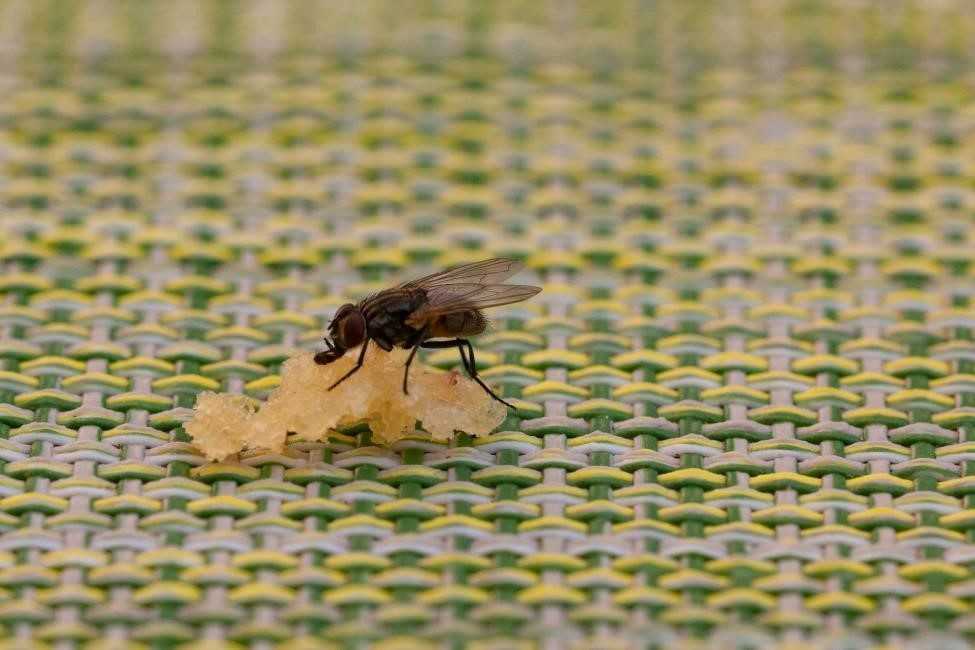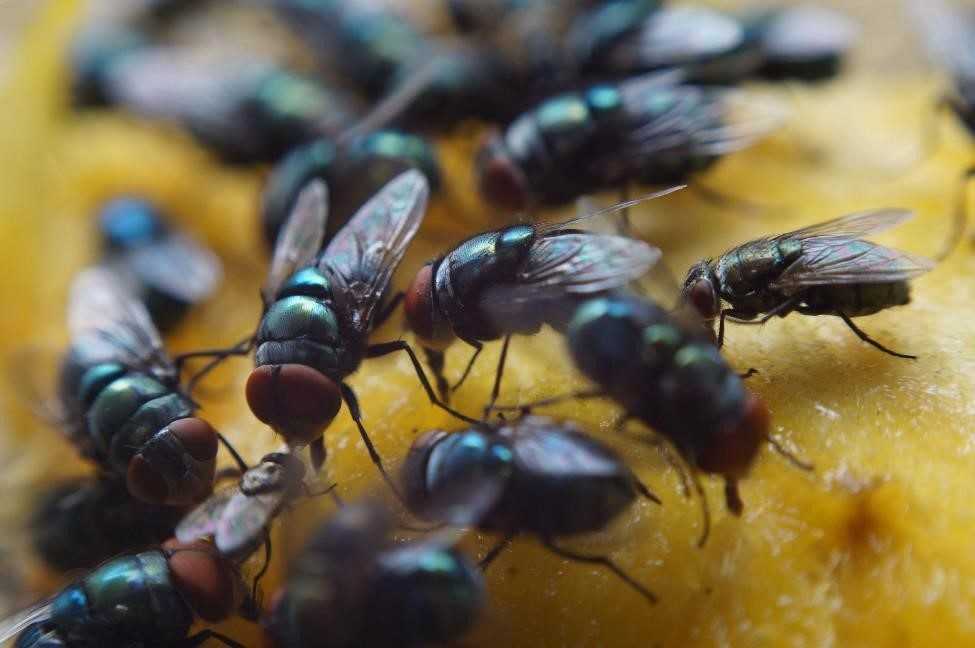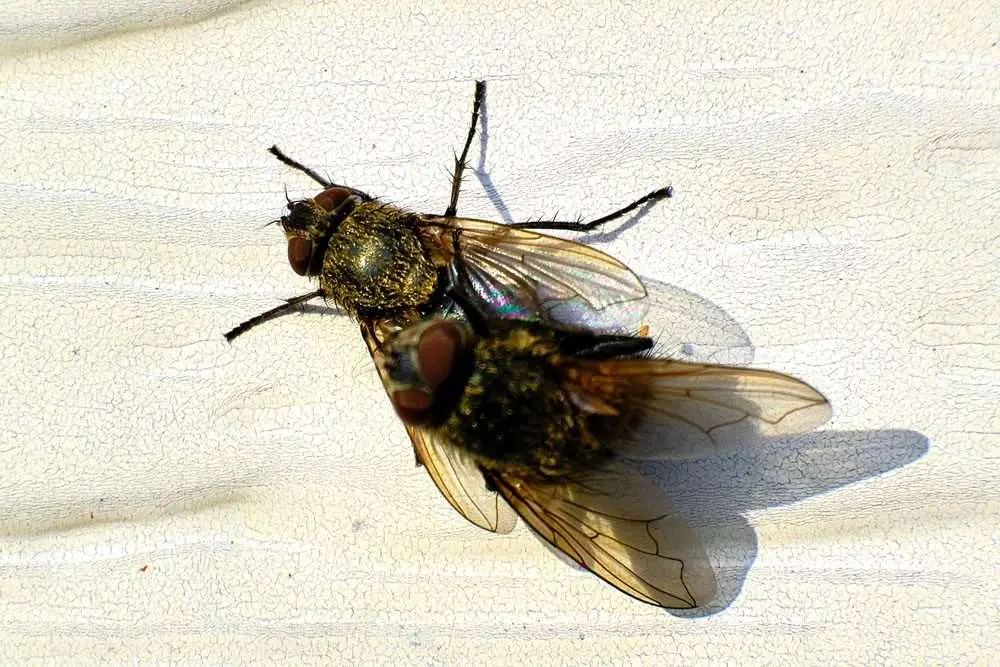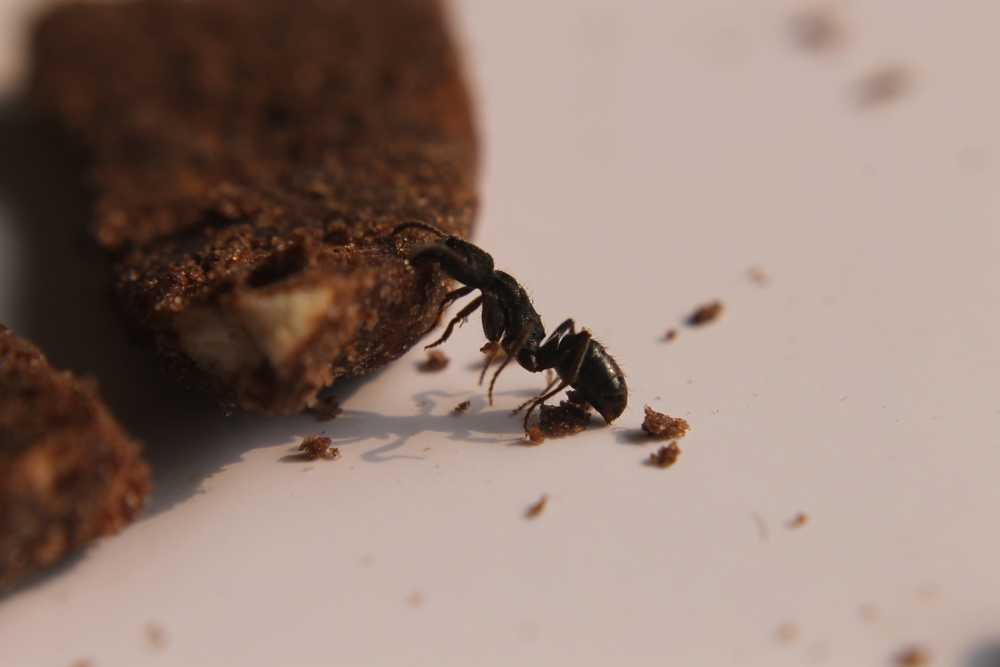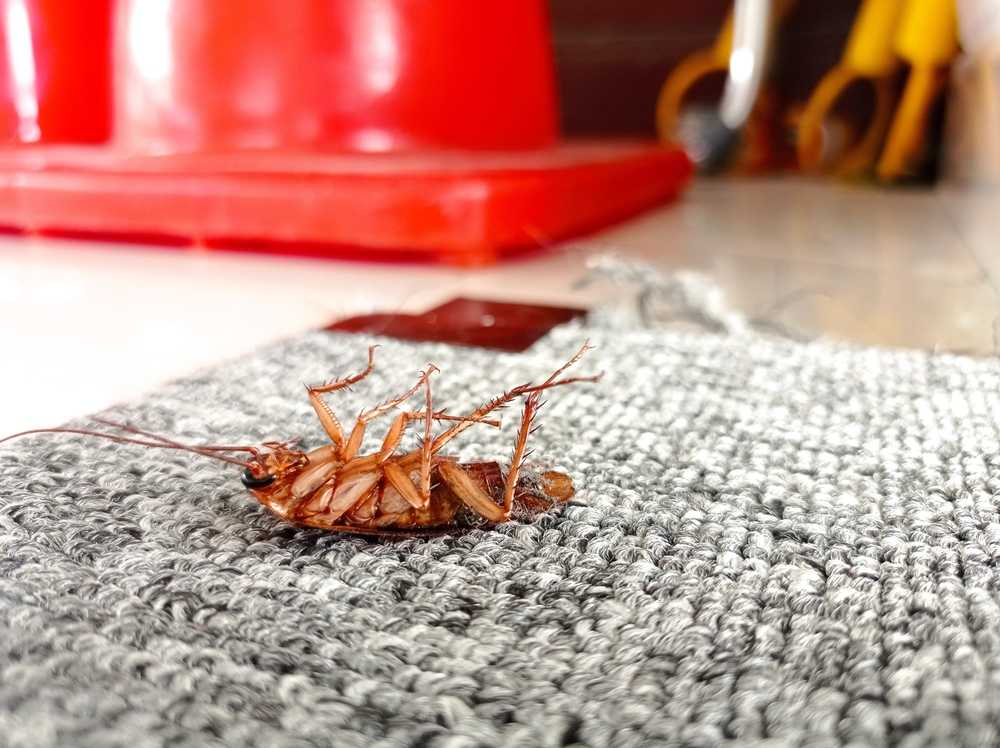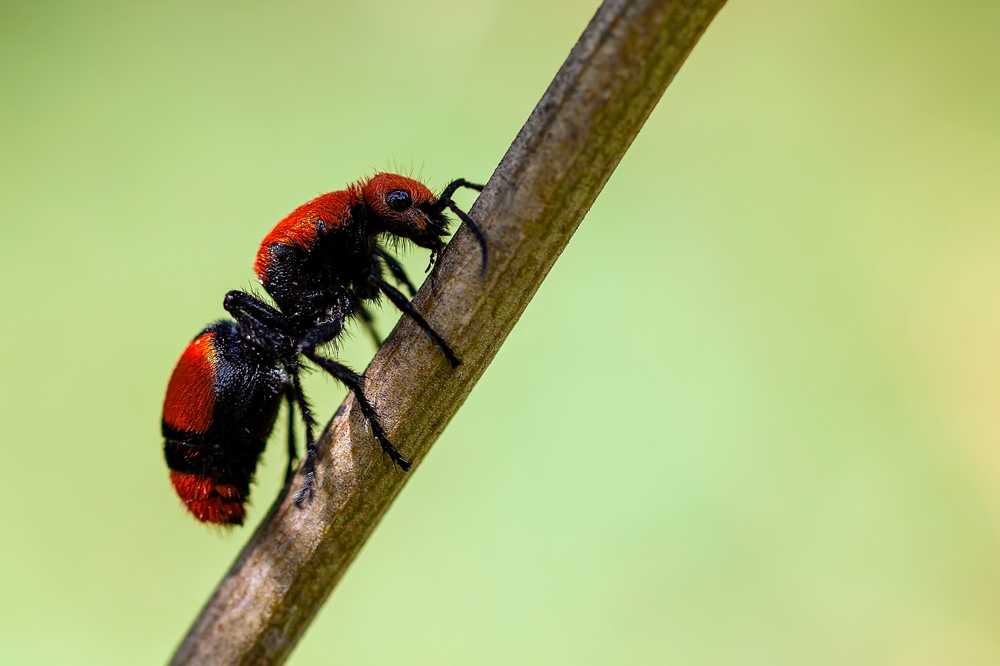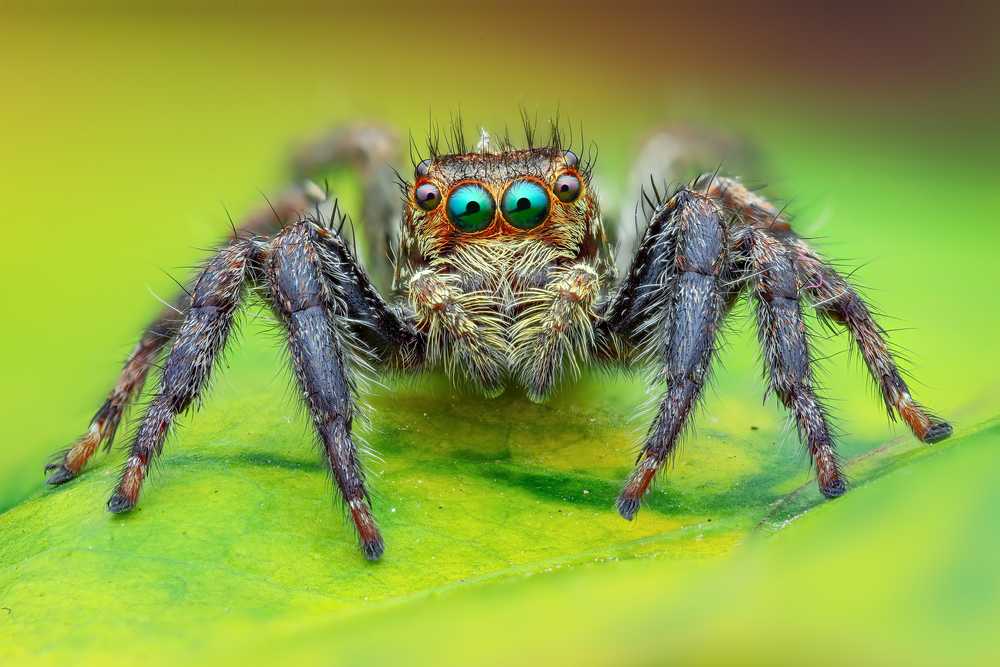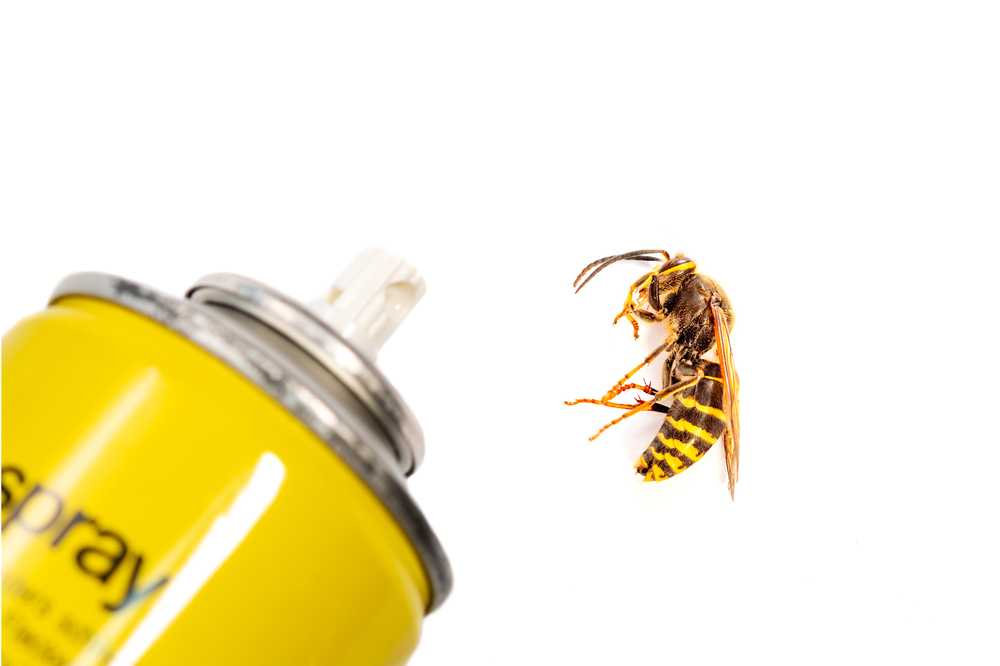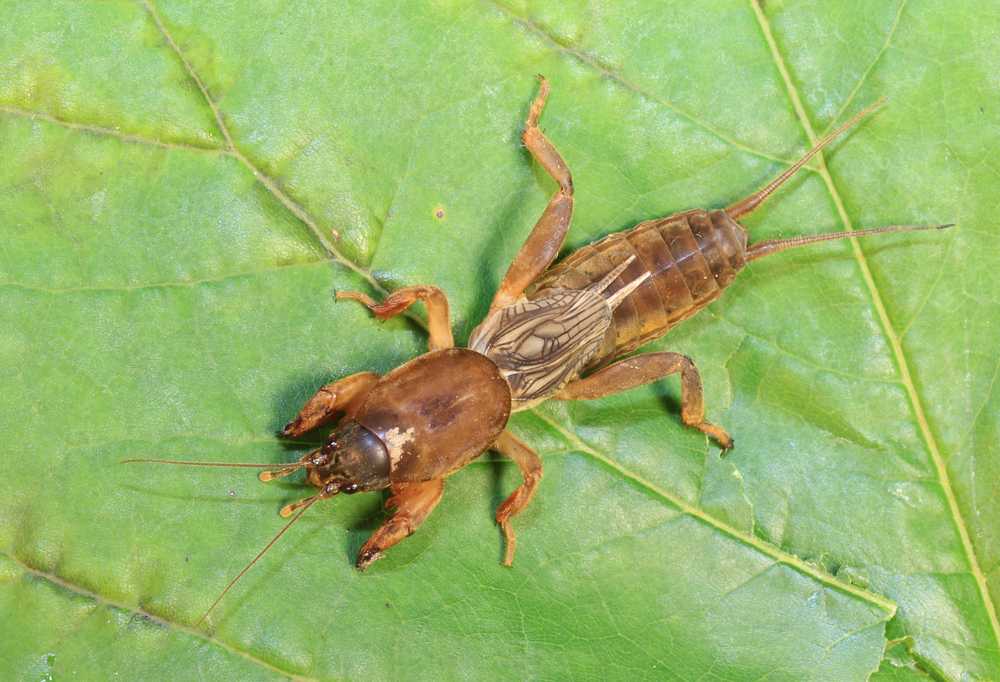Summer Fly Control: How to Deal with Pesky Flies
We all experience it at some point. You’re sitting there at the kitchen table, perusing the latest social feed or just sipping some coffee. Then, a little buzzing hum begins. It’s faint, but the next thing you know, a fly buzzes right across your face. Summer is here. This time of year brings warmth and […]

